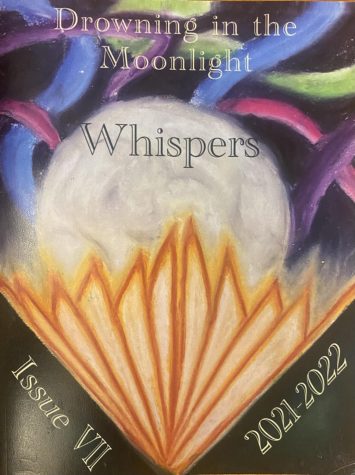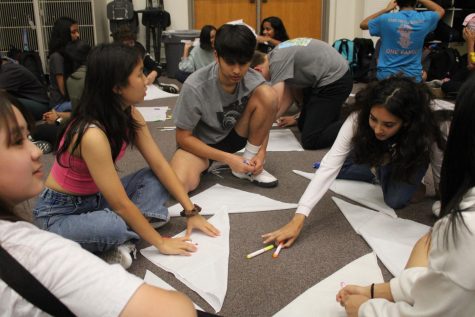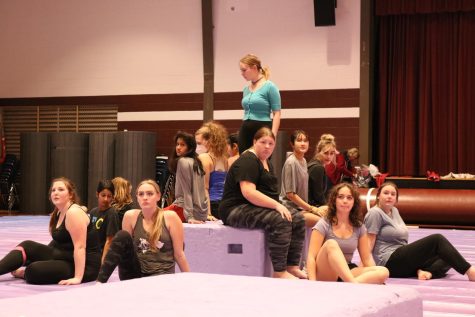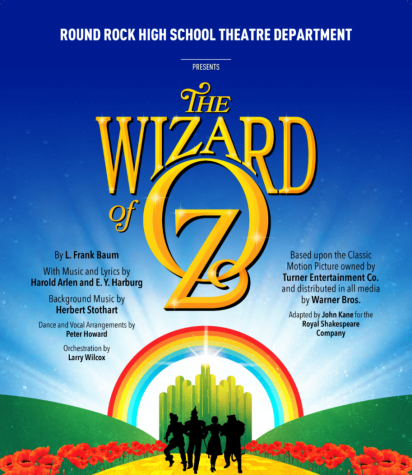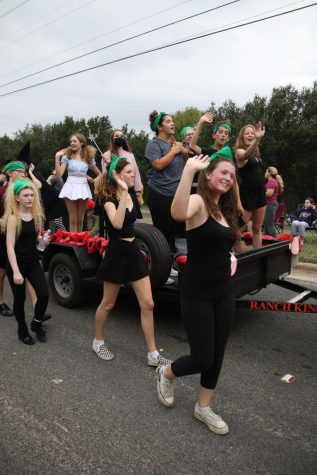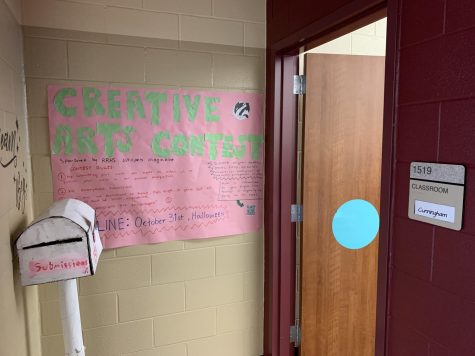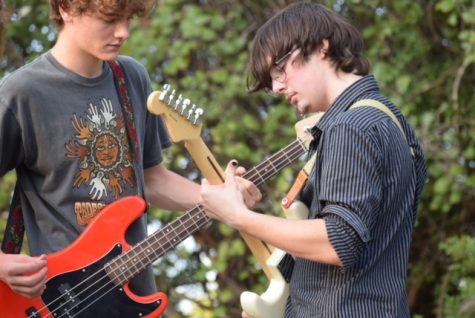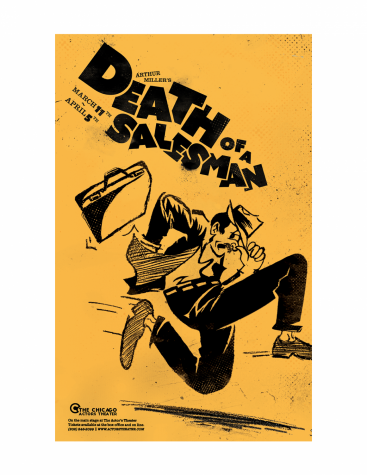Students Observe Ramadan During School
Ramadan is a holy month for Muslims around the world, where they abstain from food and water from sunrise to sunset and focus on their faith. Ramadan is at a different time every year, since it’s determined by the lunar calendar, and this year it falls during the school year. Round Rock High School has a significant Muslim population practicing Ramadan right now, and fasting through the school days, however, Ramadan is much more than just not eating all day.
“I feel more connected to my religion during Ramadan,” Freshman Sumaiya Khwaja said.
Fasting, the most well known aspect of this holy month, is a dry fast from the beginning of the sunrise prayer to the beginning of the sunset prayer. The meal before sunrise is called suhoor, and the meal after sunset to break the fast is called iftar. As well as abstaining from food and drink, Muslims are also expected to detach from worldly bad deeds during the fast, like cursing and gossiping. This is one of the five pillars of Islam, obligatory acts of worship that are fundamental practices in Islam. Children, the ill, and others can be exempt from fasting.
“I actually like fasting,” freshman Maheeba Maryam said. “It’s hard, but you get used to it after a while.”
Ramadan brings people of the same faith together. They are connected through their daily fasting and extra attention to religion during this month. Communities are built through social media. Classes and programs are started, and people congregate at the mosque for prayer every night. This special nightly prayer is called Taraweeh and only happens during the nights of Ramadan.
“All my friends and I can hang out at the mosque every night,” Khwaja said. “We can pray for a little bit, and then head outside for games, food, or just talking with people I don’t see that often.”
This month is an opportunity to build good habits and disconnect from bad ones. Muslims are encouraged to take a break from worldly pleasures to set goals and focus on God and their faith. Fasting eliminates distractions from the day so followers can focus on what’s truly important, their faith and the afterlife.
“At lunch, I can get more work done,” Maryam said. “I usually go to the library and do homework. I also don’t have an early dinner interrupting me after school.”
Fasting also encourages gratitude. Taking away food proves how lucky people are to have food. Being able to eat 3 meals a day is a privilege that people often take for granted, and Ramadan can remind them of that. Fasting helps Muslims to sympathize with the millions of homeless people in the world who can’t eat, not by choice but because they can’t afford it and don’t know when their next meal will be. Muslims are also encouraged to be more charitable and generous during this month. Charity is actually one of the five pillars of Islam, too.
“My family friends always make goodie bags for kids towards the end of Ramadan,” sophomore Zeva Siddiqui said. “We also donate gifts near Eid, usually to refugee children.”
This year, Ramadan will end around the end of April, depending on when the new moon comes out. The day after Ramadan is called Eid al-Fitr, when a fasting is concluded with a feast and celebrations.
“I love Eid,” Khwaja said. “I get to get dressed up and see friends and family and I love giving and receiving presents. It’s kind of like our Christmas.”

